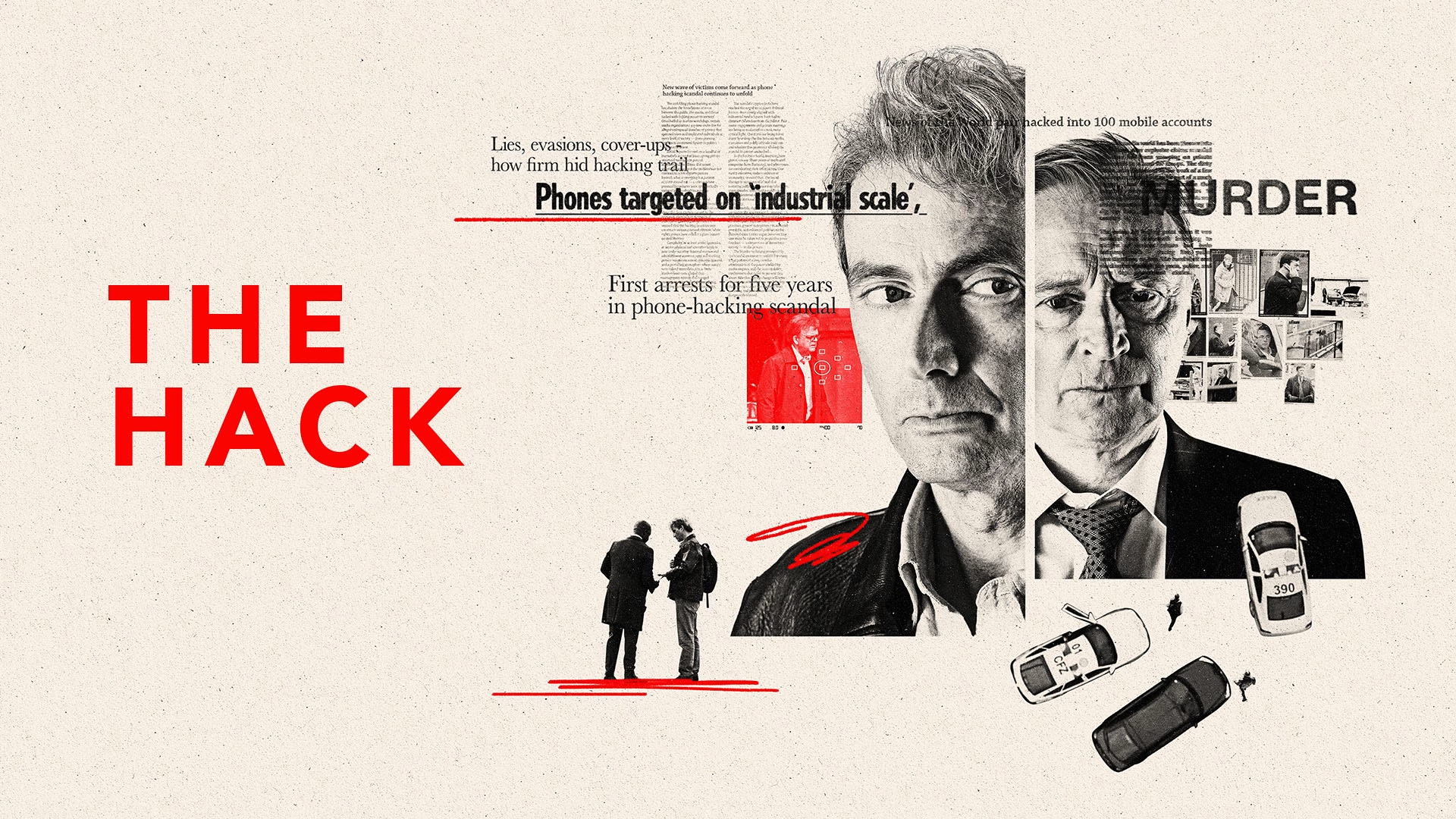Featuring a stellar cast including David Tennant, Toby Jones, and Robert Carlyle, “The Hack” dives into the infamous phone hacking scandal that rocked the now-defunct News of the World newspaper in the 1990s and early 2000s.
This gripping narrative culminated in a high-profile court case, multiple convictions, and a comprehensive government inquiry, raising questions about the ethical boundaries of journalism. What truly transpired? Let’s break it down.
Three decades ago, print media was flourishing, with papers like The Sun and News of the World selling hundreds of thousands of copies daily. The competition for sensational stories was fierce.
To gain an advantage, journalists at News of the World, along with hired private investigators, began tapping into the voicemails of celebrities, royalty, and other notable figures.
Accessing these voicemails was surprisingly easy. Initially, mobile phones came with factory-set personal identification numbers (PINs) that could be exploited by anyone. If the phone was unanswered, a caller could dial in and use the default PIN to access messages. Although customers were advised to change their PINs, many didn’t, creating a vulnerability that was soon exploited.
For a while, speculation circulated about how journalists nabbed confidential information. The truth emerged in 2005 when News of the World reported a story about Prince William borrowing a portable editing suite from ITV journalist Tom Bradby.
Concerned about the leak, the two met to figure out how details of William’s private appointments had surfaced. They concluded that someone must have been accessing their voicemails.
Investigators quickly discovered that leaks were originating from William’s aides, tracing the activity back to royal editor Clive Goodman and private investigator Glenn Mulcaire.
In 2006, police raided Mulcaire’s residence and Goodman’s workspace at News of the World, finding nearly 11,000 pages of notes documenting almost 4,000 targets, including celebrities, politicians, and crime victims whose phones may have been hacked. This list even included eight members of the royal family, alongside high-profile individuals like supermodel Elle Macpherson and former deputy Prime Minister John Prescott.
Mulcaire operated under a simple procedure: he would receive a mobile number to target, meticulously documenting his operations and clients. At one point, he was reportedly paid £100,000 a year for his services.
Both Mulcaire and Goodman were eventually sentenced to four and six months in prison, respectively, while then-editor Andy Coulson resigned, insisting he had no knowledge of their actions. In 2007, a senior aide to Rupert Murdoch testified in Parliament that an internal investigation found no evidence of a hacking culture at News of the World.
However, the police failed to examine all evidence collected from Mulcaire, and two years later, it became public that News of the World had orchestrated multiple confidential settlements related to hacking claims.
Coulson later took a position as communications director for the Conservative Party under David Cameron.
Further scandals erupted in 2010 as several celebrities sought to renew legal action over phone hacking. By year-end, the paper had spent around £2 million settling lawsuits.
In January 2011, the Metropolitan Police launched Operation Weeting, initially intended to revisit the 2006 investigation but expanding to include bribery and computer hacking allegations.
The story gained further traction in 2009 when The Guardian reported that the phone of murdered schoolgirl Milly Dowler had been hacked, severely compromising an ongoing police investigation.
Milly, only 13, went missing in 2002, and her remains were found months later, leading to the conviction of serial killer Levi Bellfield.
The Guardian, particularly through the reporting of Nick Davies (to be portrayed by David Tennant in The Hack), revealed that the phone hacks had disrupted police inquiries and highlighted the exhaustive settlements made by News of the World to victims.
Despite possessing extensive evidence, police had chosen to conceal the documents rather than disclose them. They also failed to inform victims that their privacy had been compromised.
As the scandal unfolded, it prompted considerable scrutiny of police corruption, leading to a separate investigation known as Operation Elveden.
In July 2012, eight individuals were charged with phone hacking, including Coulson and Rebekah Brooks, the former editor of News of the World. Coulson was ultimately convicted of conspiracy to intercept voicemails, receiving an 18-month sentence, while Brooks was acquitted of all charges.
The Hack premieres on ITV on September 24, 2023.













